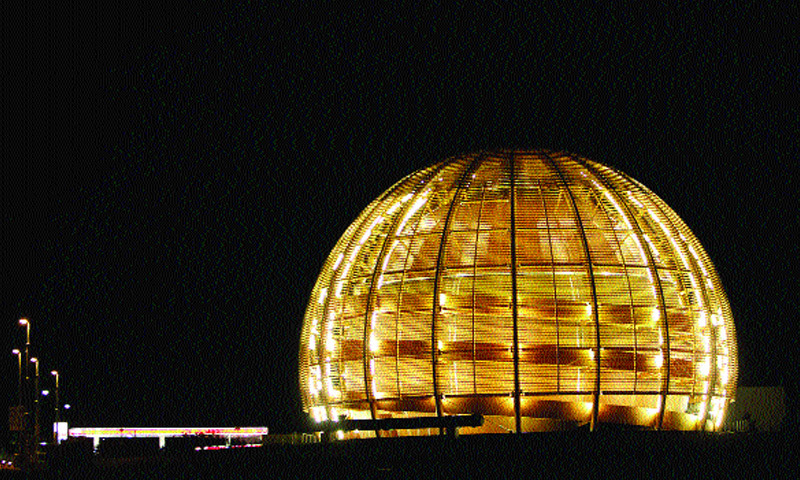ISLAMABAD: Pakistan is a signing ceremony away from becoming the associate member of the European Organisation for Nuclear Research (CERN).
The associate membership to the world’s top most particle physics will open the doors to science experiments and enable the country to participate in bids for contracts.
In a statement on Friday, the National Centre for Physics (NCP) said the CERN council at its meeting on September 18 had unanimously approved the application of Pakistan for the associate membership.
“The only remaining practical step towards the associate membership is the signing of an official document which will be done during the visit of the director general CERN to Pakistan, which is expected in the last quarter of this year. The application from Pakistan for the associate membership was submitted in February, 2013,” said a spokesman for the NCP.
The CERN members include 21 countries mostly from Europe. It has three associate members and five observer states.
In February this year, a four-member CERN technical team led by its director for research and scientific computing, Dr Sergio Bertolucci, visited Pakistan as part of the evaluation process for the associate membership.
The status of an associate member is also the pre-stage to full membership. The NCP said as an associate member Pakistan would be entitled to attend open and restricted sessions of the CERN Council, the topmost decision making body.
After becoming the associate member, there were numerous benefits including staff positions for scientists and engineers, access to various educational programmes (summer student, doctoral student and technical student) and engineering contracts for Pakistani industry. It would also help in technology transfer in key areas of accelerator technology, radiofrequency technology, development of magnets and ion-beam optics, cryogenics.
According to the spokesman, the associate membership would also open the doors of mega science experiments for Pakistani scientists besides allowing Pakistani industry to participate in bids for CERN contracts across various sectors.
Pakistani companies would be able to cater to the organisation’s demands individually by picking up tenders advertised by CERN for the growth of the industry and economy.
The spokesman explained how Pakistan was already contributing to CERN projects, including designing detection technology and providing personal support for the LHC’s maintenance.
High-energy physicists and engineers from Pakistan mainly from the Pakistan Atomic Energy Commission (PAEC), NUST, CIIT, GIKI, the QAU and the National Centre for Physics (NCP) have been participating in experiments at CERN since 1994. The physics group from the NCP joined the CMS experiment in 1999 contributing hardware for this experiment and manufacturing of RPC indigenously.
Published in Dawn, September 20th , 2014












































